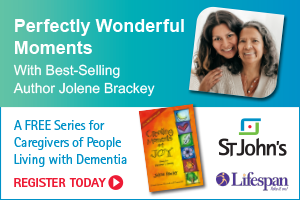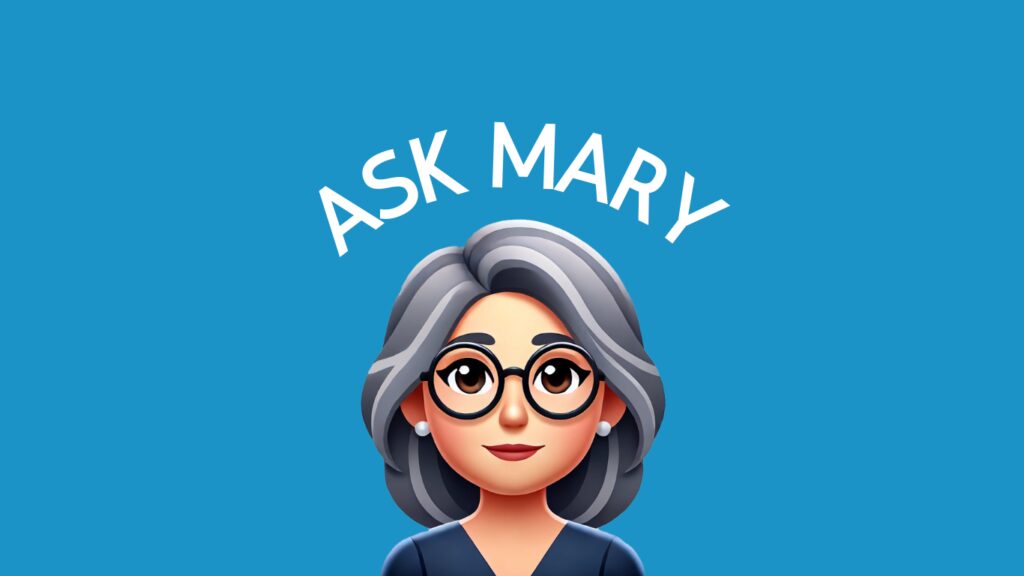“Dancing is a playful way to engage that what we fear most.”
In his 2017 book Dancing with Elephants: Mindfulness Training for Those Living with Dementia, Chronic Illness, or an Aging Brain, author Jarem Sawatsky suggests a brave way to approach the” big, unacknowledged fears” in our lives that he calls “elephants.” Sawatsky says that “once we become comfortable with the idea that suffering exists, we need to learn to let go of fear and replace it with love.”
Sawatsky’s elephant is Huntington’s Disease, a movement disorder that is hereditary and eventually fatal. Huntington’s sufferers progressively lose control of their body movements over time, also resulting in changes in cognition and behavior. Huntington ’s is a particularly rare disease, with about 30,000 people affected in the United States. Sawatsky’s own Huntington’s symptoms began in 2014, though he lived through the debilitating disease process during his mom’s prior struggle with the disease.
Sawatsky’s book is written with great “clarity,” a word that he uses quite a bit throughout its pages. The book’s short chapters make it easy to leave and come back to, though his authentic perspectives on dealing with chronic disease drives the narrative in a way that could make for a quick read. Sawatsky—a retired university professor—brings other experts into the fold to bring outside perspectives to this deeply personal account.
One interesting aspect of Sawatsky’s book is the unique ways he introduces and explains his affliction to those closest to him as his symptoms increase and the disease leads to profound changes in his life. For caregivers of those living with other progressive cognitive disorders like Alzheimer’s disease, his ideas could help create their own roadmap for helping others come to terms with changing conditions. Dancing with Elephants could also help you better understand your own loved one’s fears that come from a diagnosis and an uncertain future.
One lesson that Sawatsky has learned from his mother’s Huntington’s journey—and has applied to his own experience with the disease is his desire to “widen and strengthen” his own circle of support. He makes an excellent case for positively embracing our fears and not closing ourselves off when difficult times are ahead.
When you or someone you love is battling a progressive, ultimately terminal disease with no known cure, fighting that disease in a traditional sense can seem hopeless. Using Sawatsky’s honest and open approach sure seems like a better choice for finding your own way towards fighting the good fight.









